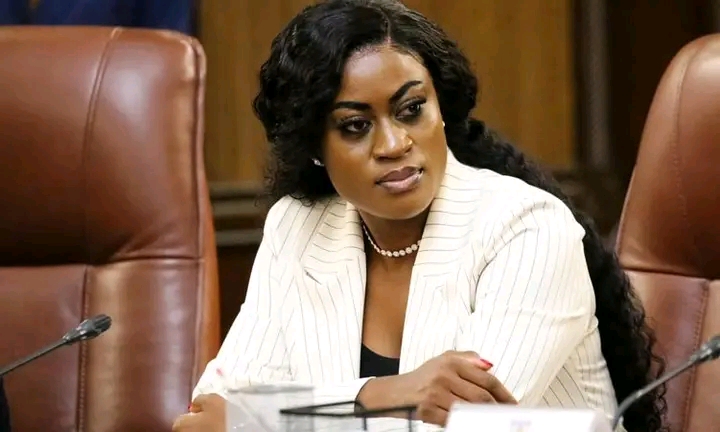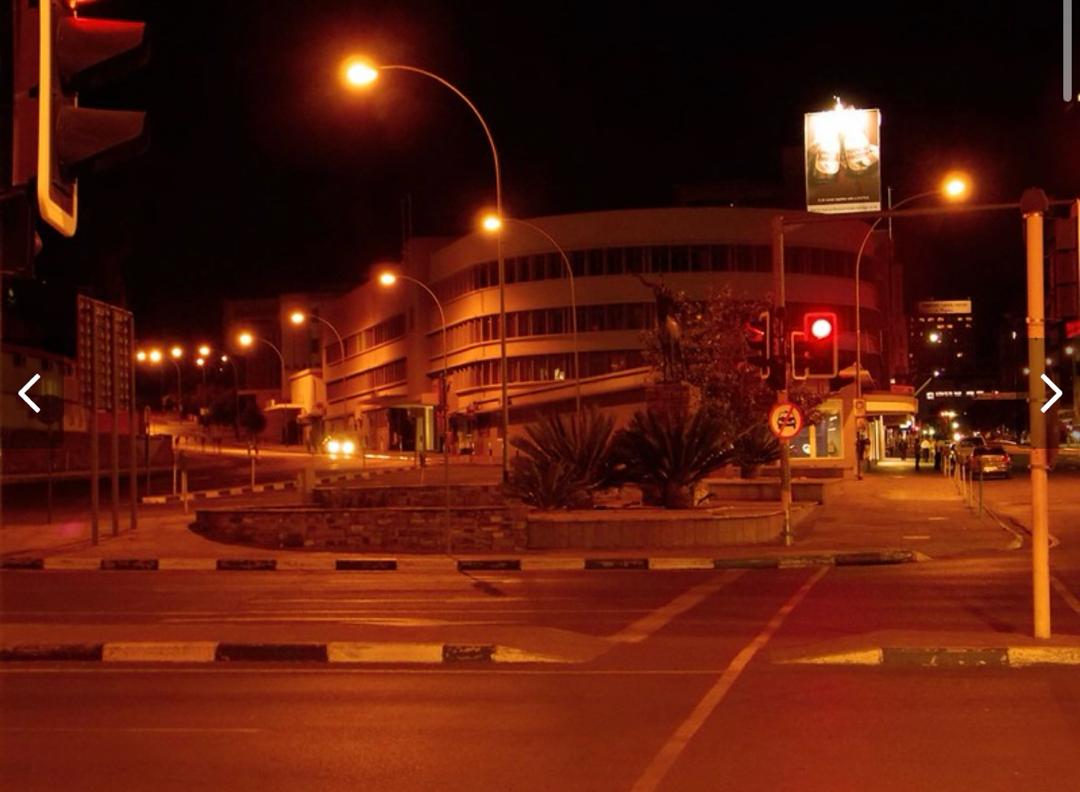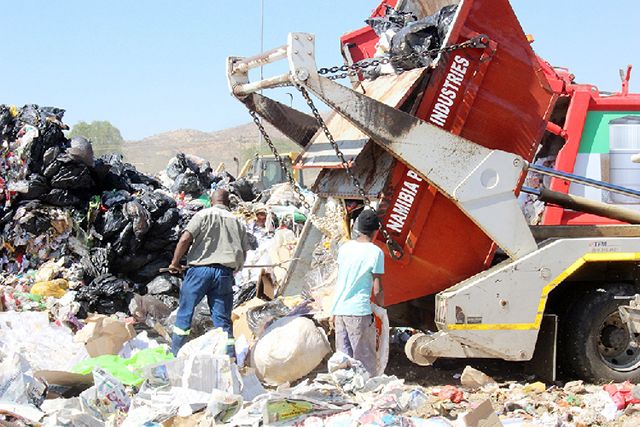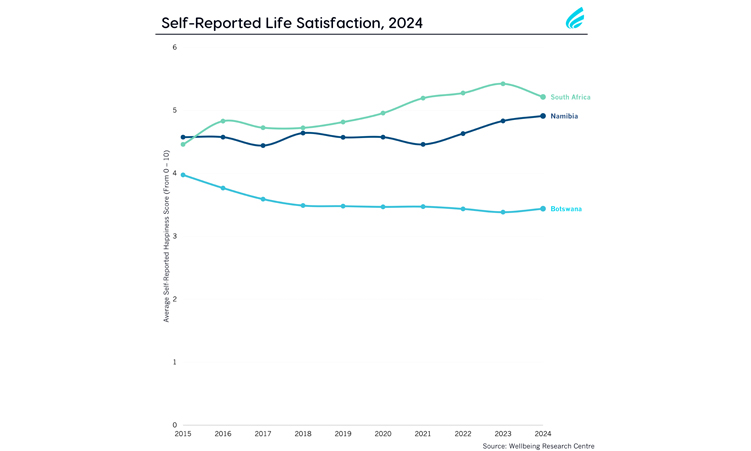NEW DELHI – A new global commerce deal is within reach if World Trade Organisation members are willing to compromise to close the remaining gaps, trade ministers say.
But agreement in the WTO’s stalled Doha round will require a sustained political push from presidents and prime ministers if the long-running talks are not to stall yet again, they say.Ministers at a two-day meeting on ‘re-energising Doha’ last week, hosted by India, agreed that a deal could be done by the end of 2010, as urged and pledged by political leaders.Whether it will be is another question.’It all depends on one rather simple thing… It depends on all the players wishing to finalise. If they wish to finalise and they know how to do it, you can do it. There is no big complexity,’ said Brazil’s foreign minister, Celso Amorim.A deal in the Doha talks, now in their eighth year, would boost the battered world economy and ward off protectionism by cutting tariffs and subsidies on food like bananas and dairy produce, and industrial goods from cars and chemicals to clothes. It would also free up trade in many other areas.But countries have squabbled repeatedly over what waivers would be allowed to protect sensitive sectors. Developing nations point to Doha’s explicit development mandate, while rich countries say a deal must create new business opportunities.Political leaders have called for the talks to end in 2010 but ministers say they need to keep up the pressure, notably at a September 24-25 G20 summit in Pittsburgh when ministers will report on the resumption of negotiations they set for September 14.’I never underestimate the power of political statements,’ EU Trade Commissioner Catherine Ashton told reporters.’The next step in this, absolutely, is a reaffirmation in Pittsburgh and that’s a precondition to this process moving forward,’ New Zealand Trade Miniser Tim Groser told Reuters. END GAME?Whether the talks have entered their end game, and how long that phase will last, prompted much discussion in Delhi.The end game implies that the WTO’s 153 members put their cards on the table and clinch the final deal by bargaining across sectors, cutting an industrial subsidy here in order to protect a particular farm crop there.For Amorim, it also means that the roughly 80 per cent of the deal that is understood to be settled so far is not revisited.’We may have to have some sort of retouching here and there but we cannot reopen what we discussed before, that’s what I mean by the end game,’ Amorim told a news conference.That will require negotiators to find a balance between US demands for more market access in big emerging countries like India, China and Brazil, and the reservations those countries have about opening up more than they are already doing.Emerging states say they should not make further concessions to help developing countries, but US negotiators must point to gains to sell a deal to a sceptical public.US Trade Representative Ron Kirk said a deal would win support at home if it boosts the American economy and creates jobs, while meeting labour and environmental standards.’There are very few people in America who would think that in Congress or the traditional constituencies that support free-trade agreements, that believe that Doha currently meets those objectives, but we think it can be constructed so it would,’ he told a news conference.The entrenched stances by the United States and emerging countries, even as they urge intensified negotiation to close a deal, may of course be for public consumption.’Let’s be adult about this. People who haven’t seen negotiations up close and personal think ‘Oh my God, this is irreconcilable’. Well it’s not irreconcilable, it’s what a negotiation is for,’ said Groser, a veteran of trade talks who previously chaired the Doha agriculture negotiations.Indian Commerce Minister Anand Sharma is under pressure from a vocal opposition over any hints he could soften New Delhi’s hitherto intransigent stance on a range of issues, but he said differences could be overcome.’When the negotiators return to the negotiating table, surely everything will be discussed by them,’ he said.’I’m encouraged with the expression almost universally here today that we’re ready to engage in those types of tough negotiations and we might be able to close the gap,’ Kirk said.Kirk said progress would require sustained one-on-one contact between the United States and the other major players, an approach that alarms some developing countries who fear a stitch-up behind their backs, but Amorim said bilateral contacts had always been a fact of life in the negotiations.The prize would be a boost to the global economy in the coming years, estimated in one recent study at US$300-700 billion a year, that does not require countries to go further into debt just as they plan their exit strategy from crisis measures.’If we were to conclude this deal by the date that the world leaders have agreed on, the end of 2010, this fits in perfectly with the need for a stimulus to come that is not dependent on yet more taxpayer fiscal impetus but is genuinely arising from a positive shot in the arm for the international trading system that’s taken such a beating this year,’ Groser said.- Nampa-Reuters
Stay informed with The Namibian – your source for credible journalism. Get in-depth reporting and opinions for
only N$85 a month. Invest in journalism, invest in democracy –
Subscribe Now!










